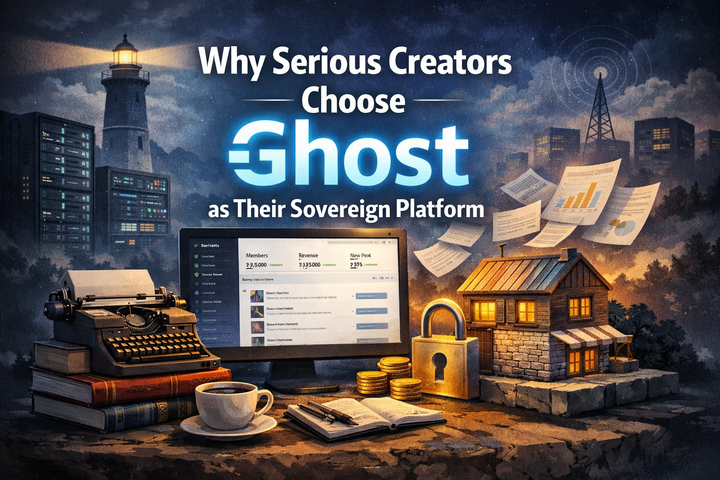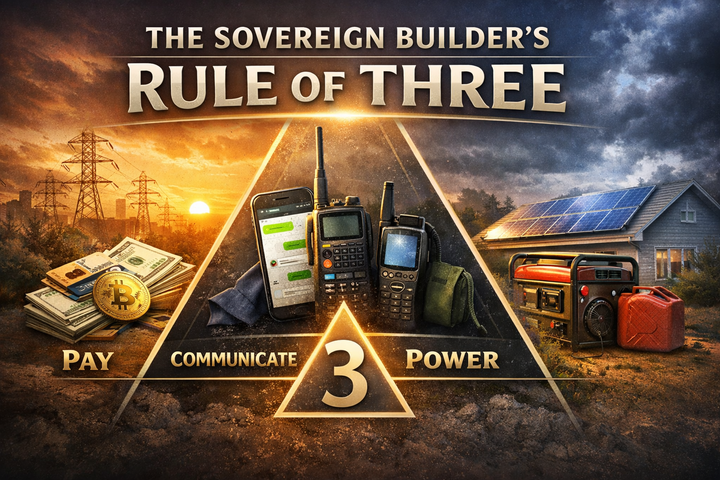The Rise of Social Media Censorship — and How Nostr Is Changing Everything
Over the past decade, social media has gone from the “digital town square” to a heavily monitored and manipulated echo chamber.

What began as a promise of connection and free speech has turned into algorithmic control, where corporations decide what you can see, say, or even think.
The Era of Controlled Speech
In the early 2010s, platforms like Facebook, Twitter, and YouTube empowered creators, journalists, and activists to speak directly to the world.
But as those platforms grew, so did their control.
Today, a handful of companies — often influenced by governments, advertisers, and political interests — decide what’s “acceptable speech.”
Posts disappear without warning. Accounts vanish overnight. Entire movements are shadow-banned out of existence.
This isn’t just censorship — it’s digital gatekeeping.
Buy & Sell Bitcoin, Dollar Cost Average management abd pay your bills with Bitcoin on the the best Bitcoin only Exchange.
The Decentralized Alternative: Nostr
Enter Nostr, a protocol — not a platform — that flips the model entirely.
Instead of relying on centralized servers and moderation policies, Nostr runs on a decentralized network of relays. Anyone can host one. Anyone can publish. And no single entity can silence the network.
Your identity isn’t tied to an email or phone number — it’s tied to your cryptographic keys. You own your words. You own your data. You choose which relays to publish to and which feeds to read from.
Nostr stands for “Notes and Other Stuff Transmitted by Relays”, but what it really represents is a return to freedom.
A Protocol for Digital Sovereignty
The Nostr ecosystem is exploding — from clients like Damus, Amethyst, and Primal, to payment integrations using Bitcoin’s Lightning Network. It’s not just social media — it’s the foundation for a new, censorship-resistant Internet.
Developers are already building blogging tools, marketplaces, chat apps, and even identity systems — all running on Nostr. No middlemen. No algorithmic manipulation. Just pure peer-to-peer communication.
Why It Matters
The rise of censorship has shown us something crucial: speech online is only as free as the platforms that host it.
When you can be silenced with a click, you don’t truly own your voice.
Protocols like Nostr remind us that the Internet wasn’t meant to be owned — it was meant to be shared. The future belongs to open networks, user-owned identities, and freedom-tech that empowers individuals over institutions.
Ready to explore Nostr?
Start with a simple client like Primal.net or Damus.io, generate your public/private keys, and publish your first note to the open web — forever uncensorable.



Comments ()